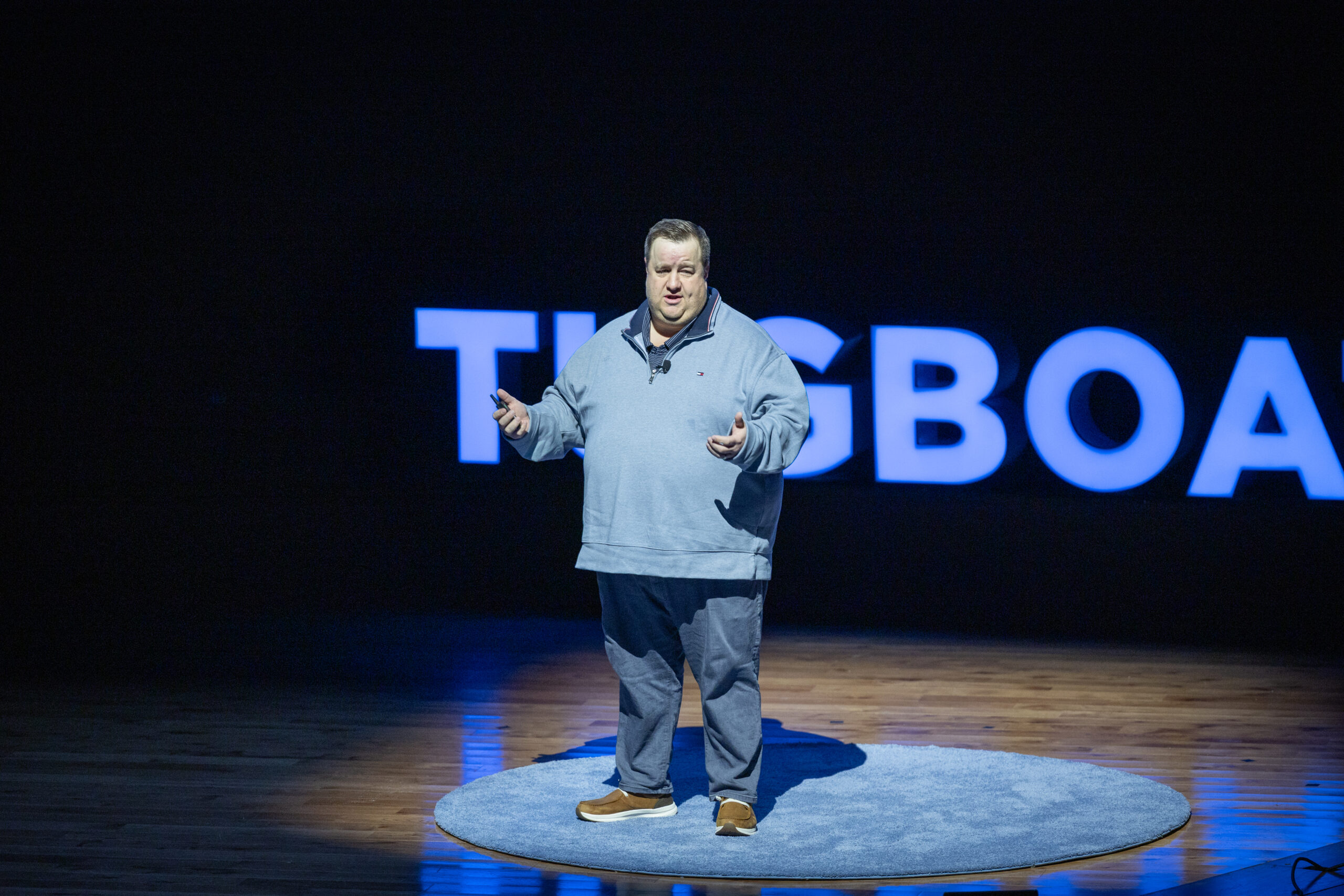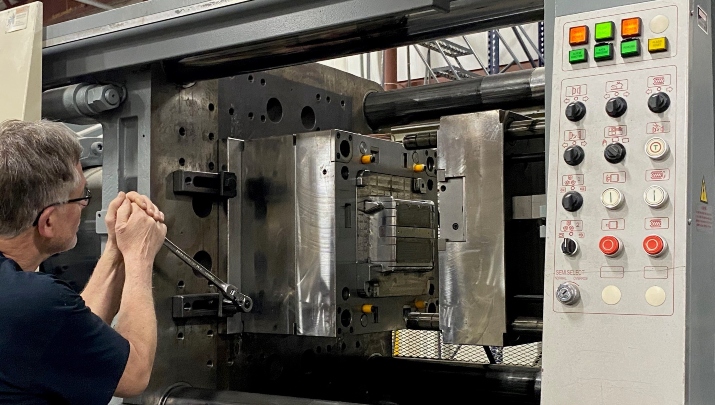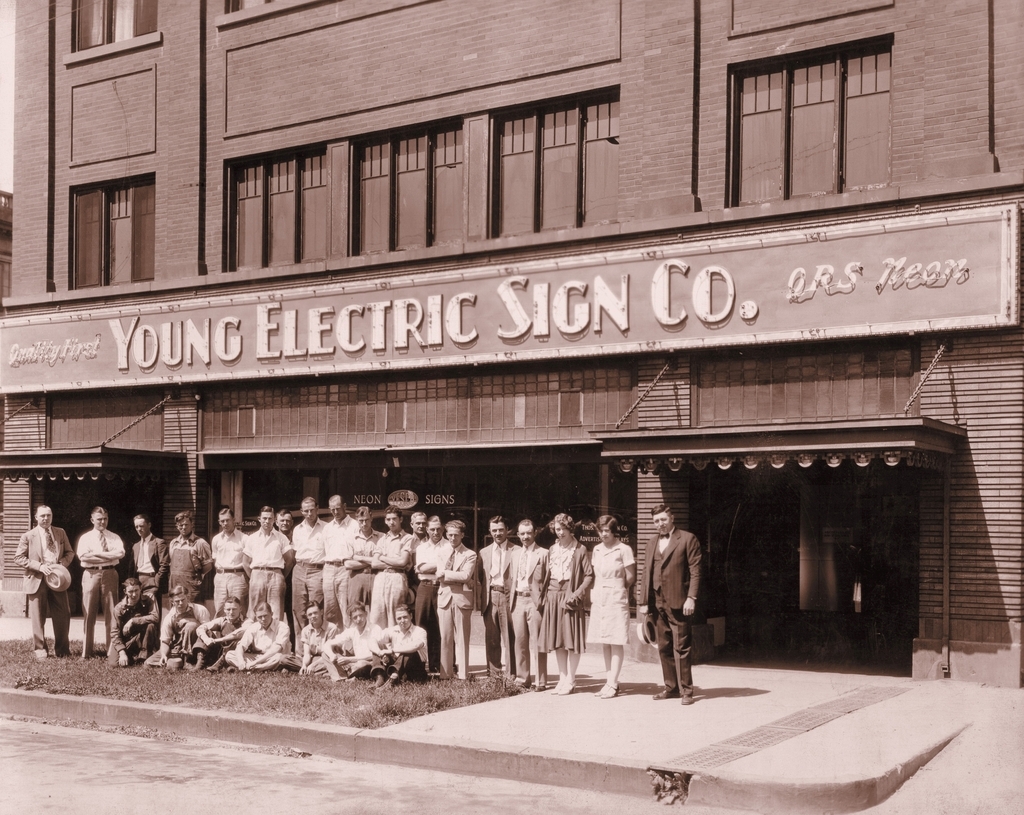
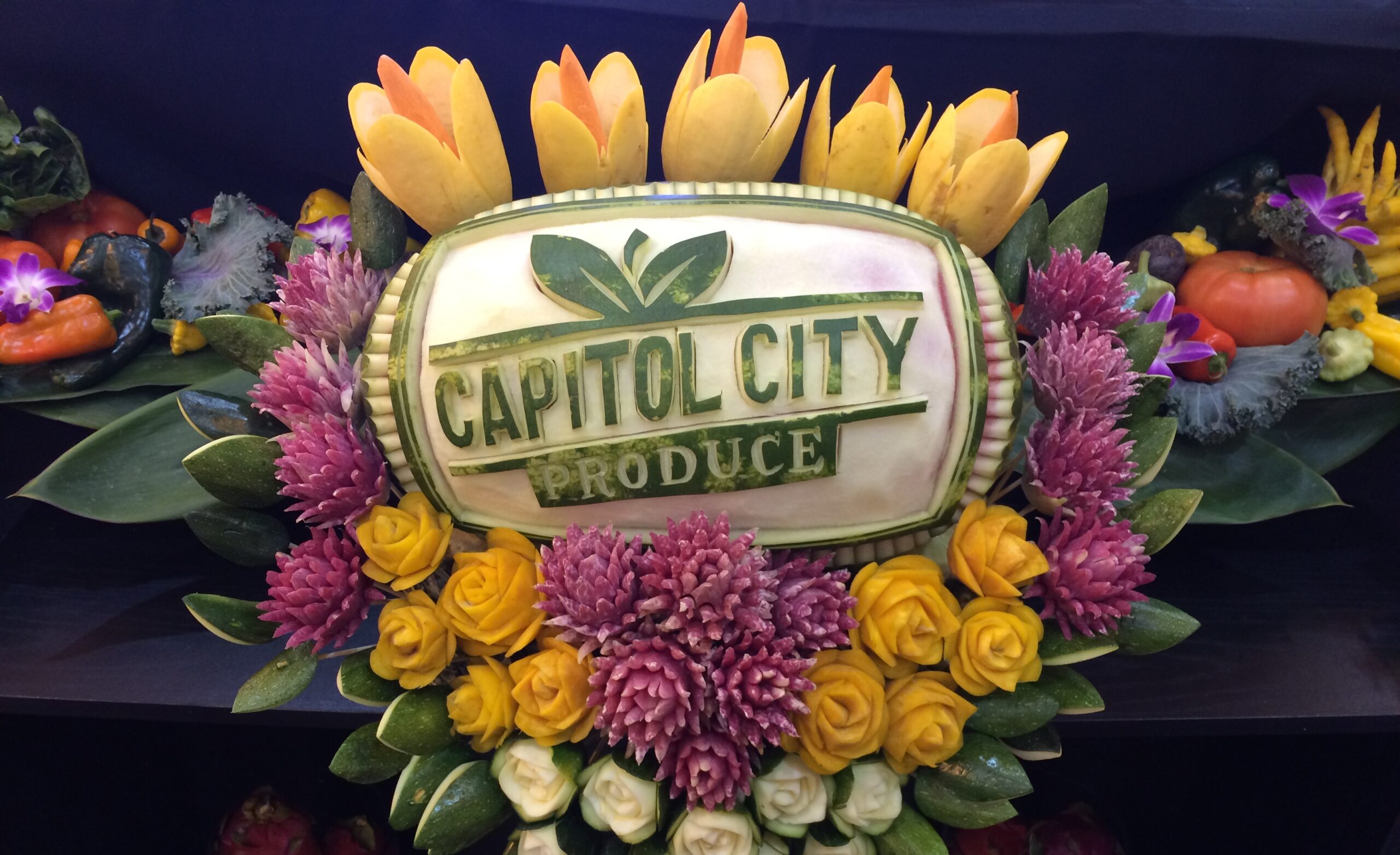
A 77 Year-Old Startup
- Darin Arceneaux
- Capitol City Produce
Building a multi-generational business is hard and it is rare. About 13% of U.S. family-owned businesses are passed down successfully to a third generation, while just 3% survive to a fourth generation (Businessweek.com, 2010). Information on successful transitions of fourth-generation family businesses is rare, making it evident that sustaining success across multiple generations is a formidable challenge.
However, there are exceptions. I am President of Capitol City Produce, a fourth-generation family business that has thrived for over seven decades since its founding in 1947, just two years after the end of World War II. How have we managed to beat the odds? In short, through relationships and innovation, and through consistently embodying the spirit of a startup despite our decades-long legacy.
The first and most critical ingredient to our success over the years has been our unwavering commitment to nurturing relationships—with both customers and suppliers. As an Evergreen® business, we have a People First orientation, and this extends beyond our team to all the people in our universe. We exist to serve them, and we are driven by a profound focus on understanding and engaging with them as often as possible. Importantly, this is not just a strategy; when we approach a customer and ask how we can improve their experience, it has to be about them, and it has to be genuine. We interact with our suppliers and customers all the time, traveling around to visit them in person to be sure we have a solid understanding of their experience, their pain points, and what we can do to improve our service to them.
Here is a concrete example of what this looks like. In Louisiana, in early Spring we boil a lot of seafood. It’s a big family and social thing here. It’s also a big deal for our retail supermarket customers to provide all the seasonings for boiling season. We created a new product for boiling season; we took all the produce seasonings that go into a boil, the garlic, onions, lemons, potatoes, etc., and we put it all in one bag and marketed it as a “boiling bag”. Some members of our team were talking to a supermarket customer who loved the idea, but remarked, “I love it, but I don’t know how I am going to display it to my customers.” Our team listened. In Louisiana they have these traditional Cajun boats called pirogues. We found a custom pirogue builder and engaged him to build a miniature, custom pirogue. We presented it to our customer and said it would be great for displaying the boiling bags to his customers. He was stunned. Like many of our customers, he was waiting for the part where we said what we wanted out of the interaction, but it never came. We just did it for him. His comment was simply “Wow, I can’t believe y’all did that”. This is what valuing relationships looks like to us.
With a diverse customer base spanning food service and retail supermarkets, comprising over 3,000 customers, listening and tending to our customers’ needs and wants is a big project, and it is driven by a singular strategy: envisioning the future through their eyes. We want to align with our customers as we build toward the future. What do they value most? What will they need from us? This is where our attention to relationships joins together with our attention to innovation.
In thinking about how to best serve our customers’ ever-evolving needs, we felt that we could adapt in tandem with them, in a harmonized way, if we truly were to understand their perspectives about the future of their business and their future challenges. We wanted information that was unique, deep, proprietary, and attained through trust that would foster a unique candor. To expand the population of perspectives, we reached out to a respected industry peer serving additional markets in Houston, Dallas, and Austin. We collaborated to create a “Customer Insights” dialog questionnaire that was used by both companies to hold discussions with each of our top customers. The “Why” was explained to customers like this; we want to better understand how exceptional supply partners should evolve over the upcoming three-year horizon. We explained that we wanted to understand their specific perspective, so that we could plan to evolve our business with keener insights.
Once we had collected insights from forward-thinking key customers across six major markets, the leadership from Sales, Operations, Finance, and the Executive leadership of both companies met in person to distill the key insights from each customer. The insights were validated through the multi-company and multi-markets approach. This initiative strengthened customer relationships, engaged key sales leadership in learning, developed foresight, changed viewpoints, and influenced the service culture of both companies. A specific insight that stuck was this; “You are an exceptional supply partner because you show that you care more than you should! I feel like when I am talking with your team, they are wearing my company’s shirt.” Three years later, the key insights are still on my office whiteboard.
Another pivotal moment came during a conversation with a leading sports bar and restaurant customer expanding nationally. We had great ideas for new technologies and were considering how we might deliver these technologies to them. We explained what we were thinking, and they replied, “Our future employees are going to want to have everything they need right on their phone. Don’t develop something new and proprietary – just engage with them on their phones.” This insight revolutionized our approach. We shifted our focus to not only developing cutting-edge solutions but also delivering them in a manner that resonated with our customers. One example of a change in path was to text “Where’s My Truck” delivery commitments to our customers vs. requiring a mobile app to be opened (download, login, password, etc.) to get the information.
All of this work and attention has a very simple focus: taking care of people. Our customers and suppliers have a choice. We need to give them a reason to choose to do business with us. We have a saying at CCP – the Wow Zone. It’s from a visual we use to onboard new team members titled “The Depth of Effort for Long-Term Customer Retention.” A certain percentage of our efforts should be expended in creating Wow Zone customer experiences where they are pleasantly surprised by an innovation, an idea, or a solution. That’s where a customer engages with us and the levels of attention and service they receive cause them to say, “Wow. You’ve got to be kidding. You’re willing to do that for me?”
Ultimately, I think a possible reason many multi-generational businesses fail is closely tied to the reason we are able to continue to operate like a start-up, even after 77 years. Companies that manage to be successful for more than one generation can be tempted to slide into ‘complacency mode,’ where they sit back to enjoy the success they have achieved. That can be the first step toward the end.
By directing our focus not just on our business today but on what our business will look like in the coming years, we stay on our toes, we stay agile, and we stay energized. Our Evergreen grounding in relationships and focus on Pragmatic Innovation give us the tools to connect the past to the future, and to make our energy actionable. Through a combination of technological innovation and personalized service, we have not only retained existing customers but also expanded our market presence significantly. Furthermore, our ability to adapt and respond promptly to customer needs, as quickly as a one-minute response time for chats, has been a key differentiator. It distinguishes us from competitors and solidifies our reputation as a partner that is reliable, agile, and a quick adapter.
We know that the success of our business lies in the future, not the past, and not even the present. We have opted to continually embrace change, and thus, we stay young, we stay relevant, we remain curious, and we continue to believe we are a start-up.
More Articles and Videos
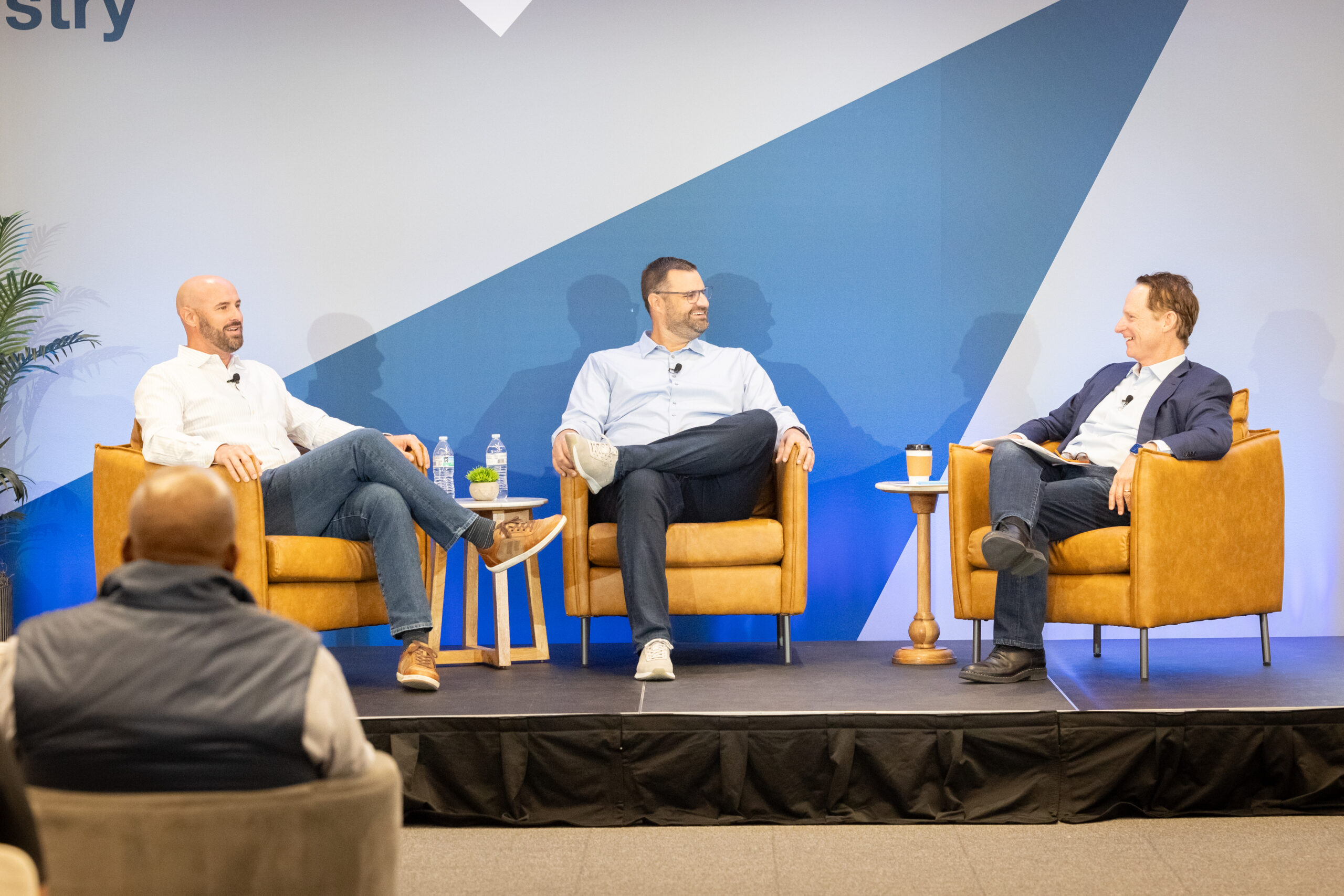
Fireside Chat with Dave Thrasher, Dan Thrasher, and Dave Whorton
- Dave Thrasher, Dan Thrasher, & Dave Whorton
- Supportworks and Thrasher Group

Get Evergreen insight and wisdom delivered to your inbox every week
By signing up, you understand and agree that we will store, process and manage your personal information according to our Privacy Policy
